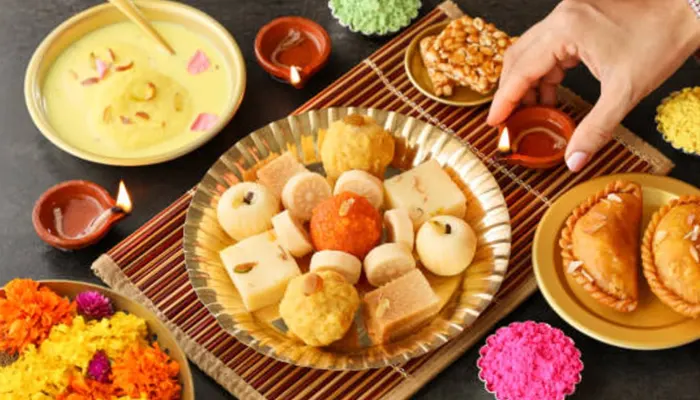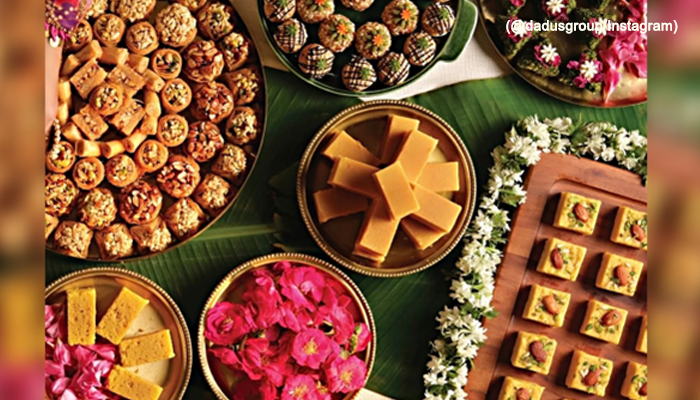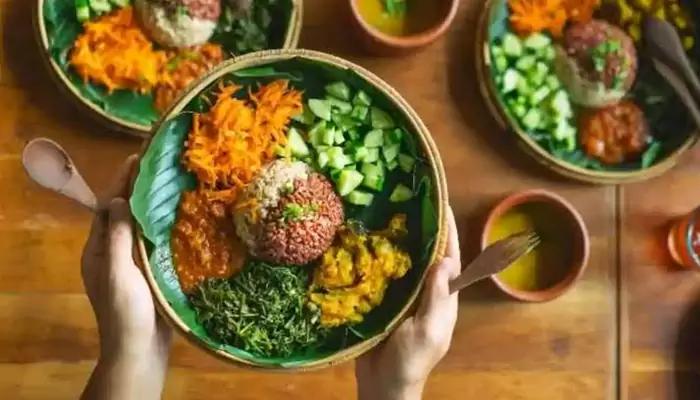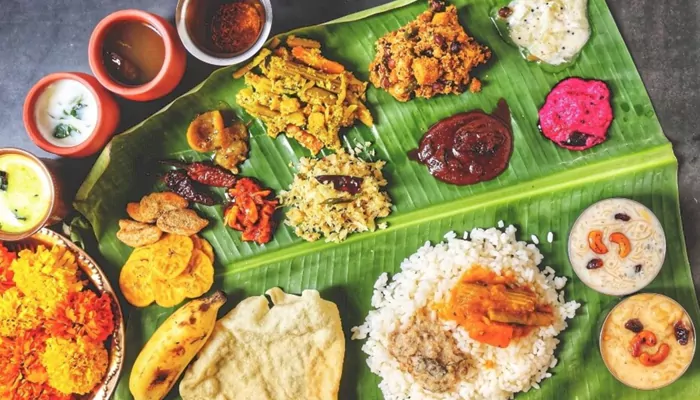Explore Countries From Around The World That Follow Strict Dining Etiquette

The concept of dining is way more than just taming your hunger pangs; it also offers a cultural experience—reflecting the traditions, values, and customs of a society.
Every country follows unique dining customs that have been practiced and refined for generations. Respecting and understanding these indigenous norms can help non-natives avoid unintended faux pas and navigate social interactions while dining in a different country. To gather authentic insight into a different culture, you should learn the culturally appropriate behavior—to avoid offending anyone at the table. Let us explore some countries from across the globe that follow strict dining etiquette.
Thailand
Most Thai delicacies use rice and we know it is their staple food. According to the strict dining etiquette of Thailand—when eating—you should not put the fork inside your mouth—it is viewed as a bad habit. You are expected to keep this in mind when dining in Thailand. The natives commonly use spoons to eat rice dishes.Japan
The Japanese dining etiquette suggests resting your chopsticks straight in a bowl of rice is rude. You should always hold your chopsticks in your hand when eating and always hold them with your right hand. It is considered offensive to place your chopsticks here and there, and placing them straight on the table is also undesirable. The Japanese believe that keeping chopsticks upright in a rice bowl attracts a bad omen.South Korea
When having a meal in South Korea, if someone older at the table is pouring a drink for you, you are supposed to hold the glass with both your hands to show your respect for them. If you are using just one hand to hold the glass—Koreans will consider it rude. The native people also do not eat their food until the oldest member hasn’t eaten. They can have their meal only after the elderly person at the table begins eating and can leave the table only when the oldest person is done.Egypt
When eating in Egypt, it is considered uncouth to gaze at someone else’s plate. Checking out what the other person has on their plate communicates envy and desire. As per Egyptian culture, this behavior is the same as envying another person’s “success,” which in turn—can attract failure. If a native diner catches you gazing at their well-prepared meal, they will offer a portion of their food to you. This action is propelled by the fear of attracting bad luck or to keep away the evil eye.Italy
Requesting extra cheese at a restaurant outside of Italy may seem pretty normal—but the Italians—especially the chefs, view it as an insult. This dining etiquette applies to all food—pizza, pasta, and especially seafood. Asking for extra parmesan indicates you are insulting the chef by suggesting the food they prepared is bland. In Italy, you are supposed to trust your chef.We hope this guide helps all lifelong learners, travelers, culture shock connoisseurs, and global gastronomes out there!











